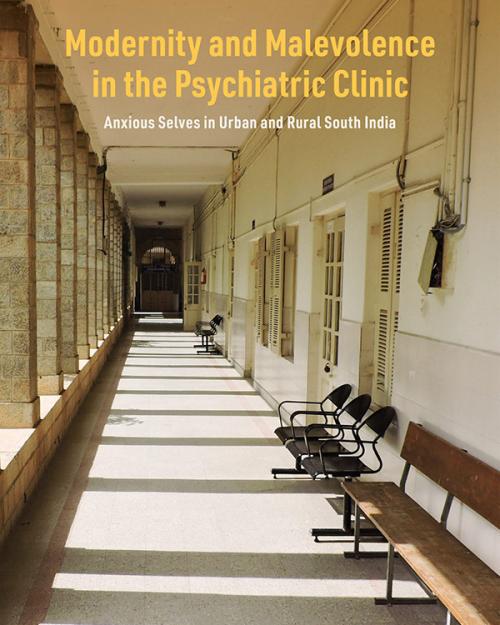Senior Major Elise Czuchna reflects on her experiences at Cornell as she prepares for graduation.
Why did you major in ? Cornell University was a vastly different environment from the homogenous suburban Texas community in which I had been raised. I wanted to engage in conversations across differences and to broaden my perspective of the world.
After taking several introductory courses, I realized that the department would provide me the foundation to begin conversations on human diversity. I noted that, in these classes, I was surrounded by individuals who shared the curiosity that I had for understanding human difference, and resultantly, I decided to declare a major in . I was eager to engage with people from whom I could learn, and felt that this particular department provided me a space in which this was a possibility.
While the material itself was interesting for me, it was the faculty of the department that provided me with the most impactful perspectives and skills. They were challenging me to ask questions I had never before considered, and were radically altering the way that I perceived the world. These professors are the reason I first took an interest in human rights and social justice.
What accomplishments/activities are you most proud of while at Cornell? Throughout my career at Cornell, I have had the opportunity to take part in a variety of organizations that centered on this idea of social change.
I have been a part of a social justice theatre troupe that performs to incoming first-year students on the diversity and difference present at Cornell.
I've also been part of student leader meetings with President Pollack and VP Lombardi regarding diversity issues on Cornell’s campus.
In addition, I've been extremely active in the Women’s Resource Center, attempting to integrate ideas of intersectionality and relativity into the work we do. The conversations that I had in my anthropology courses are the reason that I selected the theme for the 2018 International Women’s Day Luncheon to be “Global Feminism: The Place of Allyship Within the Movement and the Importance of Cultural Relativity.”
What are your plans afer graduation? has informed the career I hope to have in the future. After graduation, I will be attending law school in order to pursue a career in human rights and public interest law.
There are quite a few people in the department that I have to thank for all of the support and direction that they have provided me. Each of them have individually informed the direction in which I am headed. Thank you to Professor March, Professor Ramberg, Professor Riles, and Emily Hong for being incredible instructors and mentors, as well as Sofia Da Silva and Hadiyah Chowdhury for being two of my primary sources of support within the department.





